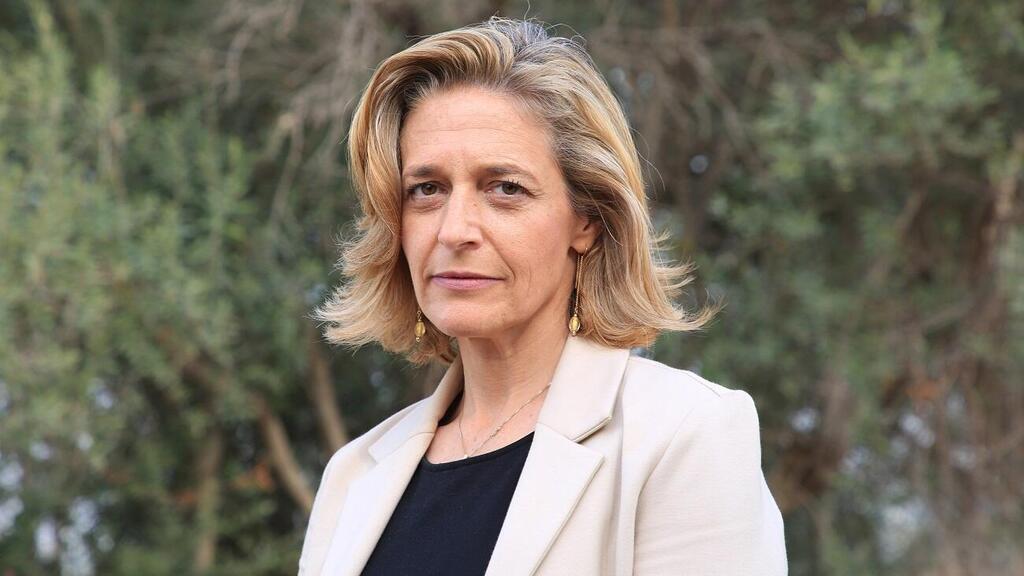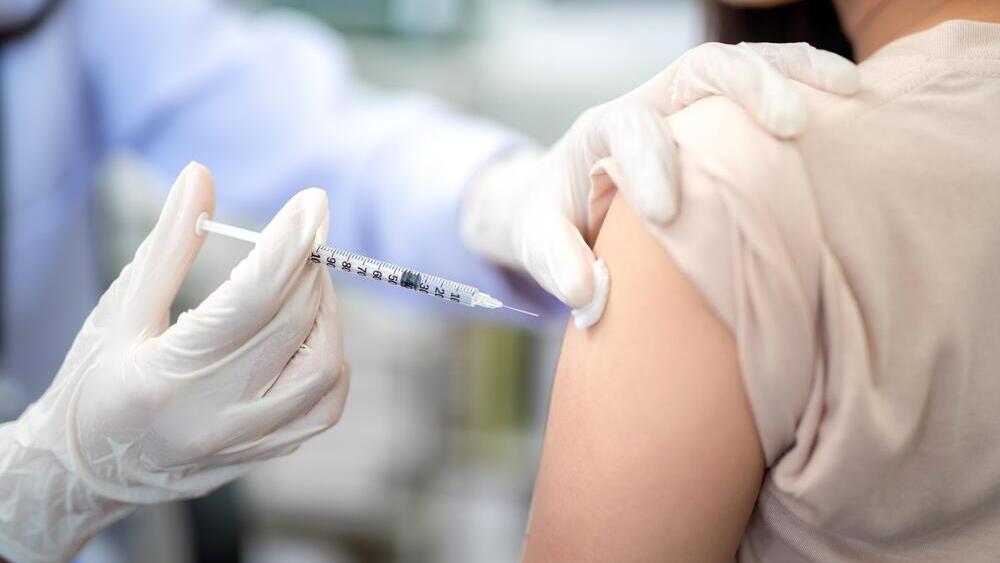Getting your Trinity Audio player ready...
The Health Ministry’s head of the Public Health Division, Dr. Sharon Alroy-Preis, said on Tuesday that the ministry is preparing for the return of live hostages as part of the emerging deal in Qatar.
In an interview with Ynet, she noted that the health care system has learned much from the previous deal, but added: "We must realize that the current circumstances are entirely different. These people are returning after more than a year in captivity, which is a completely different reality. However, the lessons learned from the previous processes will help us."
"We are hoping for everyone to return. The Health Ministry spearheaded the effort to admit injured individuals into hospitals during the previous round and we've learned a lot from that experience,” she added.
Alroy-Preis highlighted the importance of long-term follow-up on the returned hostages throughout the year. "Monitoring health issues, welfare or mental health challenges over time is crucial, as not everything becomes apparent during the initial hospitalization days. That's why long-term follow-up is so important and we're preparing accordingly," she said.
Are you ready? Do you already know which hospitals will receive them?
"We’re working on it. The ministry’s Medical Division is managing this effort. We’re preparing to receive them, ensuring all arrangements are in place both in hospitals and within the ministry. As in the previous deal, we're making sure they’ll have everything they need to return to normal as smoothly and with as much support as possible."
What have you learned from the previous deal?
"It's essential to ensure they're surrounded by support, shielded from the media and curious individuals seeking to approach them. Ultimately, they need privacy and space for family members or others they wish to have near them.
3 View gallery


Hostage families call for release of their loved ones in Tel Aviv
(Photo: Kai Pfaffenbach/Reuters)
“It’s also critical to provide adequate facilities for medical examinations upon their return, including tests for vitamins, minerals and nutritional deficiencies. We’ve gained significant insight into what we need to monitor."
Regarding the flu season, which has already resulted in fatalities and increased hospitalizations, Alroy-Preis said there's no evidence suggesting this year’s flu strains are more severe.
"We’re seeing a similar percentage of patients requiring intensive care. However, within the usual variability across years, some seasons are slightly more challenging while others are milder. This year is somewhat tougher but not unusually so."
Should we be worried, considering severe cases among infants and a woman who died?
"Flu is often perceived as a mild illness and, in many cases, it is. However, it can also lead to severe illness, complications and even fatalities, including among young, healthy individuals. This isn't the first year we’ve stressed this, which is why the recommendation remains to vaccinate everyone aged six months and older against the flu to reduce the risk of severe illness – or prevent the disease altogether."
Get the Ynetnews app on your smartphone: Google Play: https://bit.ly/4eJ37pE | Apple App Store: https://bit.ly/3ZL7iNv
She also discussed vaccine hesitancy, saying: "This is incredibly challenging because science is ultimately grounded in research, trials and publications that demonstrate the benefits of vaccines and outline potential side effects. There’s no connection between that and what some people disseminate or headline distortions, which complicates matters significantly."
"Many people hesitate due to misinformation or outright falsehoods. Sometimes, misleading headlines obscure the reality that studies often support vaccination and show side effects as mild, negligible or rare. Unfortunately, social media amplifies inaccuracies, making it a complex issue,” she explained.




